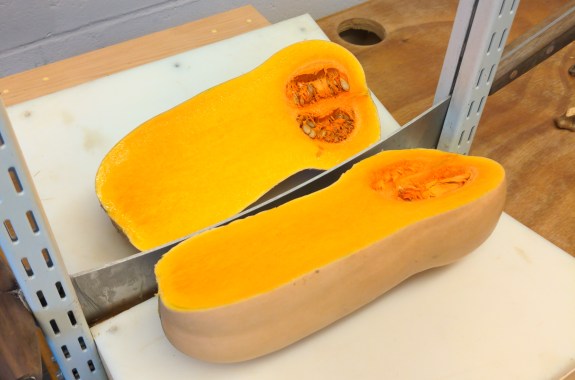On Today's Podcast
Fingernails And Indigestion At The 2025 Ig Nobel Prizes
The Ig Nobel Prizes celebrate unusual scientific research—this year including lizard pizza preferences and fingernail growth.
Listen NowNovember 28, 2025
The Ig Nobel Prizes celebrate unusual scientific research—this year including lizard pizza preferences and fingernail growth. Plus, in a conversation from August, exercise researchers discuss what physical activity does to mental health. And, in a story from February, a journalist explains the afterlife of our trash, and why most “recyclable” plastic actually isn’t.
Fingernails And Indigestion At The 2025 Ig Nobel Prizes
The Ig Nobel Prizes celebrate unusual scientific research—this year including lizard pizza preferences and fingernail growth.
Why Is Working Out Good For Your Mental Health?
In a conversation from August, two exercise researchers discuss what physical activity does to mental health—from boosting to straining it.
Everything You Never Knew About Squash And Pumpkins
It’s squash, pumpkin, and gourd season. In a conversation from 2023, an expert answers listener questions about these colorful fall favorites.
Where Does Plastic And Other Trash Go After We Throw It Away?
In a conversation from February, a journalist discusses the afterlife of our trash, and why most “recyclable” plastic actually isn’t.
‘Carcinogen Hunters’ Investigate Causes Of Inexplicable Cancers
Frustrated cancer patients worry they may have been exposed to unknown carcinogens. Researchers are on the hunt.
‘A Many-Headed Beast’: Telling The Story Of Cancer
Science writer and oncologist Siddhartha Mukherjee discusses what we get wrong about cancer, and why he leans into nuance as an author.
African Grey Parrots Are Popular—And It’s Fueling Illegal Trade
Talkative African grey parrots are charismatic internet stars. A global scramble to source and sell the birds threatens their survival.
Attention, Trivia Nerds! It’s A Food Science Fact Feast
Flora and “Part-Time Genius” co-host Mangesh Hattikudur put one lucky listener to the test with food science trivia.
Can Animal Super-Agers Teach Us Their Secrets?
Some animals seem to defy the rules of aging. Understanding how they do it could help us live longer, healthier lives.
How Alphafold Has Changed Biology Research, 5 Years On
Google’s tool for predicting how proteins “fold” turns 5 this year. How is it fitting into biological research—and where is it going?
How A Woodpecker Pecks Wood, And How Ants Crown A Queen
Is it all in the hips? Scientists break down woodpeckers’ head-hammering moves. Plus, what makes one ant a queen and another a worker?
Memories Change. But Can We Change Them On Purpose?
Neuroscientists are manipulating memories in mice in an effort to develop treatments for brain disorders.
Two Neuroscientists Envision A ‘Repair Shop’ For The Brain
In “How to Change a Memory,” neuroscientist Steve Ramirez embarks on a project to find and reactivate memories in the brains of mice.
Bearded Vulture Nests Hold Trove Of Centuries-Old Artifacts
Picking through a dozen vulture nests, scientists discovered hundreds of artifacts, including a sandal that could be more than 700 years old.
Investigating ‘Flow State’ With The Bassist From Phish
Phish bassist Mike Gordon is teaming up with neuroscientists to try to understand the transcendent experience of musical flow state.
Even Nobel Prize Winners Deal With Imposter Syndrome
Neuroscientist Ardem Patapoutian immigrated to the US, found belonging in science, and did groundbreaking work on sense of touch.
Study Finds COVID mRNA Vaccines Boost Cancer Treatment
New research found that mRNA vaccines for COVID-19 could enhance cancer treatments and help patients live longer.
Trump Renominates Entrepreneur Jared Isaacman To Lead NASA
After pulling his nomination in June, President Trump announced this week that he will renominate billionaire Jared Isaacman to lead NASA.
400-Year-Old Displays Of Human Tissue Live On In ‘Frankenstein’
The 17th century Evelyn Tables show real human nerves and veins, dried on wooden boards. Designers on the new Netflix film took note.
¿El muro fronterizo agotará los manantiales del desierto?
Voluntarios están monitoreando manantiales naturales en Arizona para analizar el costo ecológico de la construcción del muro fronterizo.



















